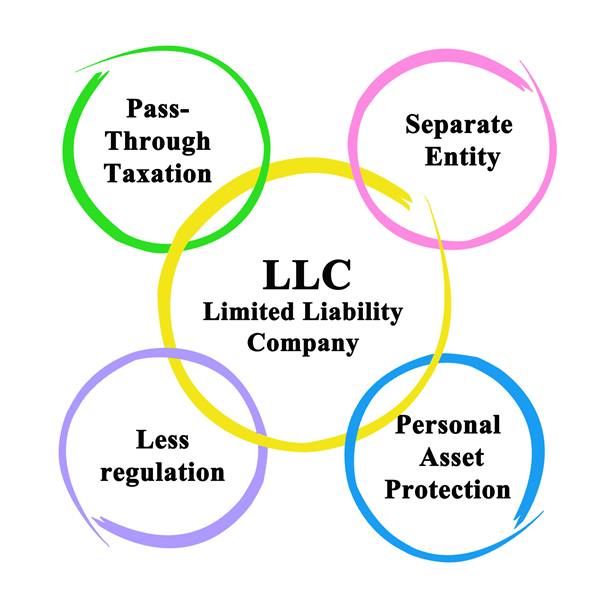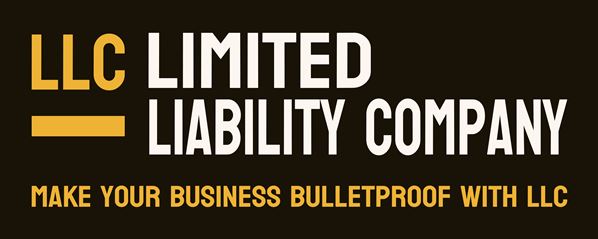
A key characteristic that differentiates a limited liability company (LLC) from other business forms is that it combines the advantages of a partnership and corporation. The owners, who can even be one person, can’t be held liable if the business accumulates liabilities. This is because it classifies a company as a distinct legal entity from them.
All businesses face risks. But if yours is an LLC, your personal assets will be shielded in case of legal action or insolvency. It provides flexibility and allows members to tailor a business’s framework according to their wants and needs and determine how they want to be taxed.
Plus, forming one isn’t difficult.
These are some of the reasons that make LLCs popular among medium and large enterprises. But is it the right one for you?
Before you start one, you must consider the following:
- Keep Your Business Name Unique
The first step is choosing a unique business name; the law in many countries requires that the distinction between one company name and another must be clear.
Many rules guide the naming of a limited liability company. Therefore, familiarize yourself with the phrases and terms you can’t use to name your business.
Once everything is in place and you’ve finally settled on a name, go ahead and register it as part of your domain. In the digital age, competing (let alone growing) can be challenging if you don’t have your very own website.
Here are some tips to help you create the perfect business name:
- Keep it simple so people can recall it without difficulty.
- Make it easy to pronounce.
- It should relate to your purpose or goals.
- Steer clear of proprietary names to avoid legal action.
- Avoid catchphrases since trends don’t last forever; choose a name that can remain popular for a long time.
With the right name, you can provide your LLC with its unique identity, the first tool in laying a claim in the market.
- Have An Employer Identification Number (EIN)
An LLC with more than one member in its register must have an employer identification number provided by the Internal Revenue Service. This is a prerequisite to opening a business bank account.
It’s also a requirement for getting a non US resident LLC bank account, a must for working with foreigners.
An LLC with only one member and no personnel doesn’t need an EIN. Still, it may be advantageous to get one because many financial institutions will ask for it. It makes it easier for your company to do business with other organizations and partners since it proves you’re a genuine entrepreneur.
- Have A Suitable Location For Your LLC
Some critical factors to consider when choosing a location are your target customers and state business regulations.
The objective here is to choose a place that will benefit or support the interests of your business. Ensure you’re familiar with the guidelines before you reach a decision.
You can also transact business outside the state where your LLC has been formed. But you’ll need ‘foreign qualification’ approval. Getting this allows you to conduct business in the applied states.
- A Registered Agent Can Cut You A Lot Of Slack
In forming an LLC, you can get a person or organization known as an agent to act as a representative between you and the authorities.
Suppose the authorities require you to sign an agreement or fulfill other legal or financial obligations. Instead of calling you, a notification will be sent to your agent, who will look at it and deliver it to you.
What are the benefits of a registered agent?
First, they simplify the process of forming a limited liability company. Second, since they handle official paperwork, you’ll have more time to focus on other duties. Third, they can counsel you on legal issues, particularly if you’re working with a lawyer.
With this in mind, you can see why working with an agent well-versed in the most essential aspects of LLCs is a good idea.

Get Started On The Right Foot
Starting an LLC might present some difficulties, especially if it’s your first time. But if you plan well and are armed with the right information, you can get off to a good start.
If your schedule is tight, you can seek the services of an expert to handle the documentation and other requirements on your behalf. Your goal is to ensure you fulfill all the requirements, including legal obligations. Take note of the above key considerations when preparing to start an LLC, and you’re set.




